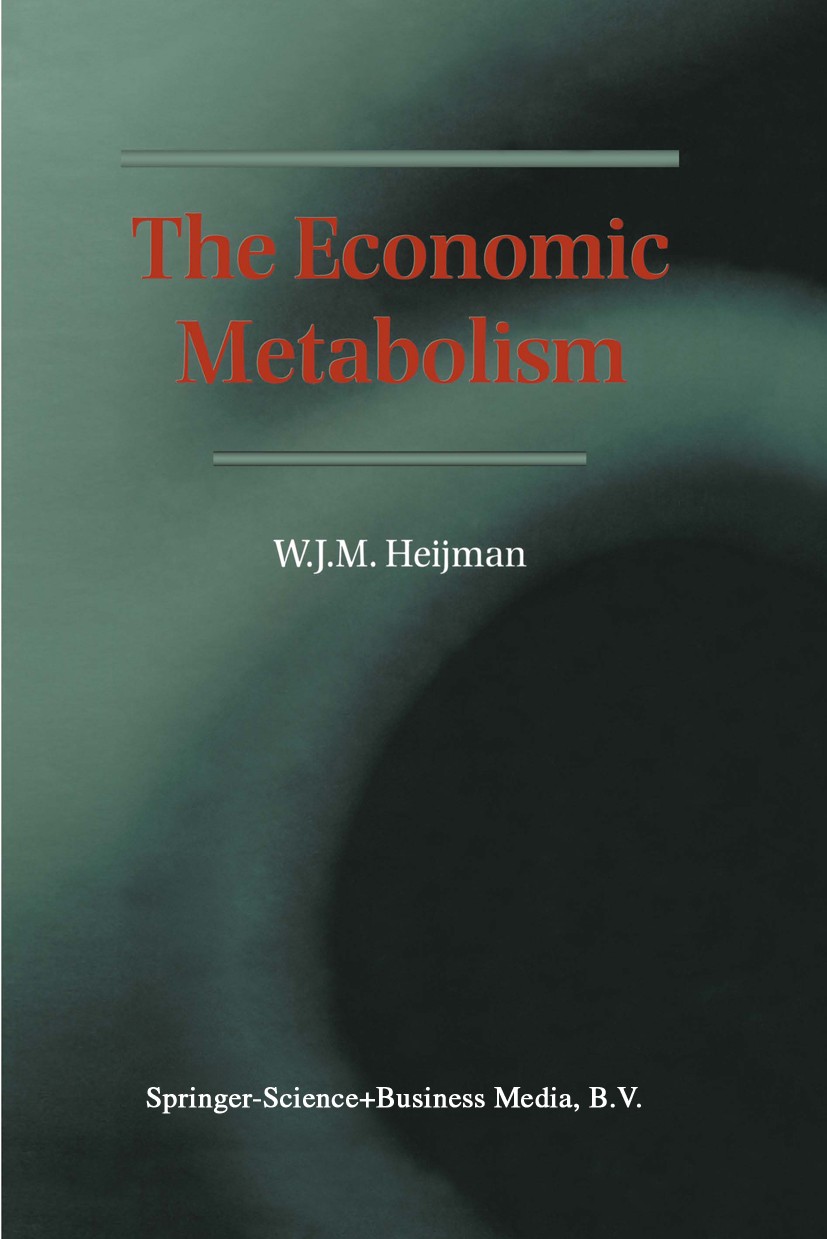| 书目名称 | The Economic Metabolism | | 编辑 | W. J. M. Heijman | | 视频video | http://file.papertrans.cn/909/908159/908159.mp4 | | 图书封面 |  | | 描述 | Students in Technical and Agricultural faculties spend only alimited amount of time on general economics, environmental economicsand resource economics. However, while their knowledge of economicsmay be limited, they often have adequate mathematical skills. Theobjective of .The Economic Metabolism., therefore, is to presentthese three branches of economics in an integrated, mathematicallyoriented way, so that the subjects can be taught together, withoutlosing time on separate economics courses. While the approach adoptedis mathematical, the mathematics used is certainly not too difficultfor the target group: university students in technical and/oragricultural faculties will be used to far more difficult mathematics..After studying the book, the basic/intermediate level student shouldbe able to understand the basic principles of economics, especiallymicroeconomics; understand the economic principles of environmentalpolicy; understand the economic principles of resource extraction;apply the standards for efficiency and sustainability; and apply thetheory to practical problems. | | 出版日期 | Book 1998 | | 关键词 | economic growth; environment; environmental economics; environmental policy; microeconomics; production; r | | 版次 | 1 | | doi | https://doi.org/10.1007/978-94-011-5038-5 | | isbn_softcover | 978-94-010-6115-5 | | isbn_ebook | 978-94-011-5038-5 | | copyright | Springer Science+Business Media Dordrecht 1998 |
The information of publication is updating

|
|
 |Archiver|手机版|小黑屋|
派博传思国际
( 京公网安备110108008328)
GMT+8, 2026-2-8 18:57
|Archiver|手机版|小黑屋|
派博传思国际
( 京公网安备110108008328)
GMT+8, 2026-2-8 18:57


